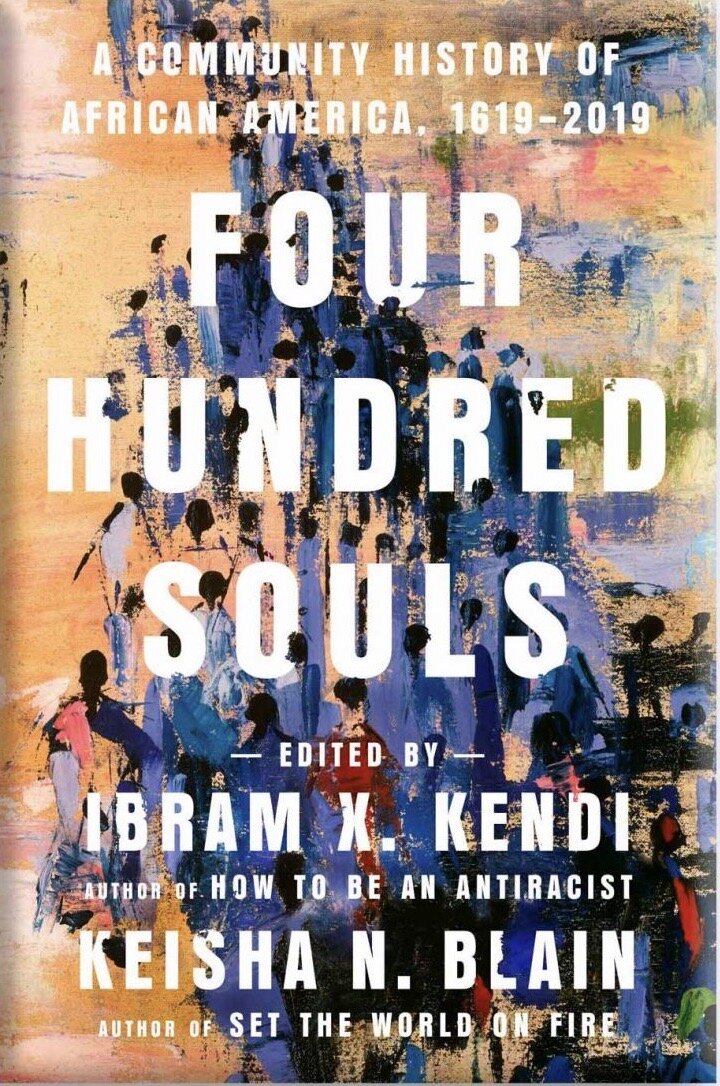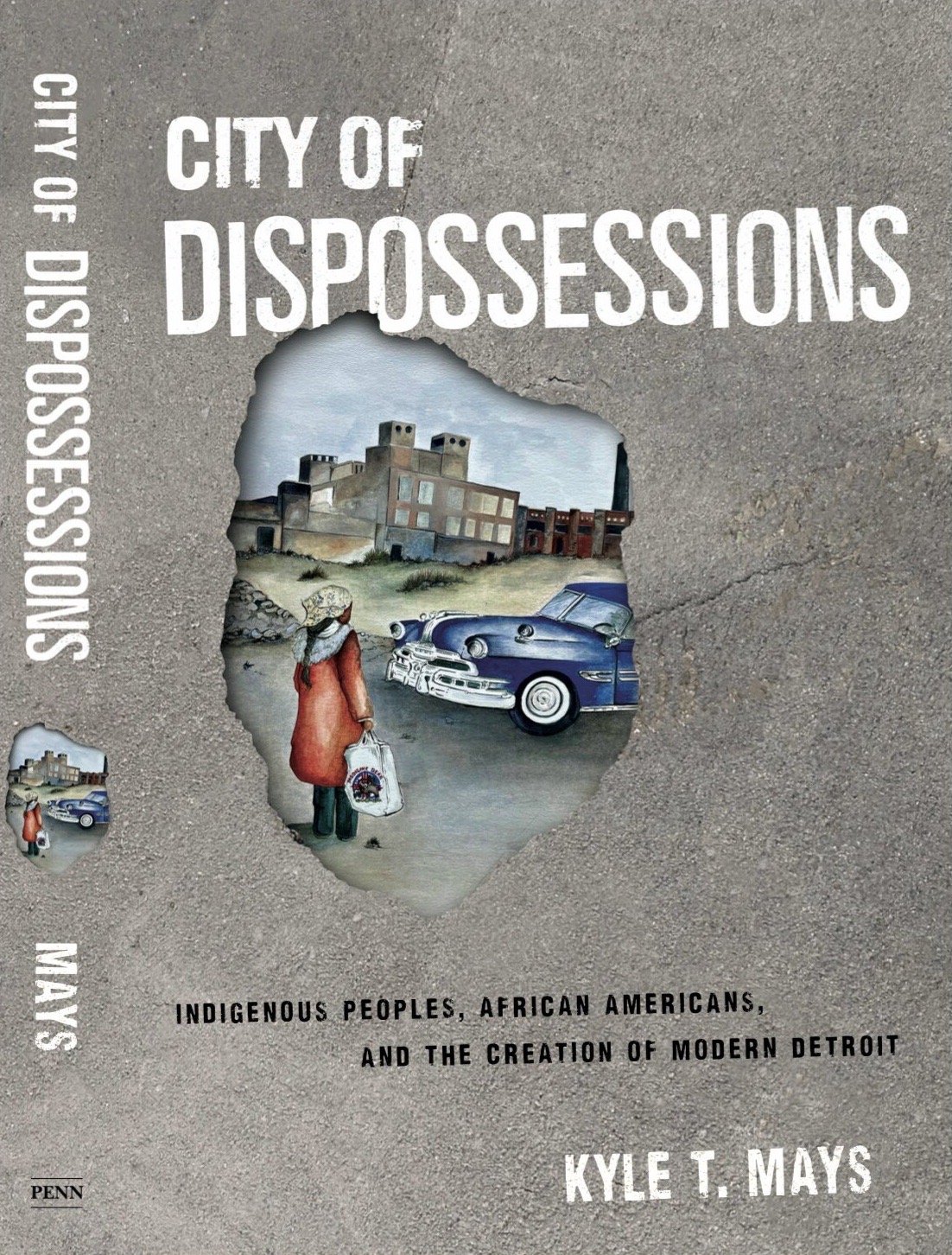Books
-

AN Afro-indigenous history of the United States
-

City of Dispossessions Indigenous Peoples, African Americans, and the Creation of Modern Detroit
-

FOUR HUNDRED SOULS
Contributor
-

HIP HOP beats indigenous rhymes
An Afro-Indigenous History of the United States
“Only twenty years ago, Kyle Mays’s voice wouldn’t even have passed through academia’s and media’s gatekeepers. The fact that a voice like this can be heard today and tell his own story is unexpected great news for America . . . and it’s just the beginning.”
—Raoul Peck, director of I Am Not Your Negro and Exterminate All the Brutes
“A bold, innovative, and astute analysis of how Blackness and Indigeneity have been forged as distinct yet overlapping social locations through the needs of capital, the logic of the nation-state, and the aims of US empire. While we know that slavery and settler colonialism are intricately linked, Kyle Mays uniquely demonstrates that the afterlives of these two institutions are also linked. You will never think of the peoples’ history the same way after reading An Afro-Indigenous History of the United States.”
—Robin D. G. Kelley, author of Freedom Dreams: The Black Radical Imagination
“This is a bold and original narrative that is required reading to comprehend the deep historical relationship between the Indigenous peoples who were transported from Africa into chattel slavery and the Indigenous peoples who were displaced by European settler colonialism to profit from the land and resources, two parallel realities in search of self-determination and justice.”
—Roxanne Dunbar-Ortiz, author of An Indigenous Peoples’ History of the United States
City of Dispossessions
Indigenous Peoples, African Americans, and the Creation of Modern Detroit
In July 2013, Detroit became the largest city in U.S. history to declare bankruptcy. The underlying causes were decades of deindustrialization, white flight, and financial mismanagement. More recently it has been heralded a comeback city as wealthy white residents resettle there. Yet, as Kyle T. Mays argues, we cannot understand the current state of Detroit without also understanding the longer history of Native American and African American dispossession that has defined the city since its founding.
a community history of african american,1619-2019 FOUR HUNDRED SOULS
“Blackness and Indigeneity” pp. 123-125
#1 NEW YORK TIMES BESTSELLER • A chorus of extraordinary voices tells the epic story of the four-hundred-year journey of African Americans from 1619 to the present-edited by Ibram X. Kendi, author of How to be an Antiracist, and Keisha N. Blain, author of Set the World on Fire.
“From journalist Hannah P. Jones on Jamestown’s first slaves to historian Annette Gordon-Reed’s portrait of Sally Hemings to the seductive cadences of poets Jericho Brown and Patricia Smith, Four Hundred Souls weaves a tapestry of unspeakable suffering and unexpected transcendence.”
— O: The Oprah Magazine
HIP HOP BEATS INDIGENOUS RHYMES
“Mays’ authorial voice is a striking one … His melding of scholarly and vernacular language is the great strength of the book, a stylistic choice that comes out of a desire to bridge his academic readership and his Indigenous interlocutors.”
—Transmotion
“This book is incredibly important and will change the fields of Native American, African American, gender, and sound studies. It is the first full-length monograph on the rich, diverse, and complex field of Indigenous hip hop. This is the text against which all other studies in the field will be compared.”
—Michelle Raheja, University of California, Riverside



